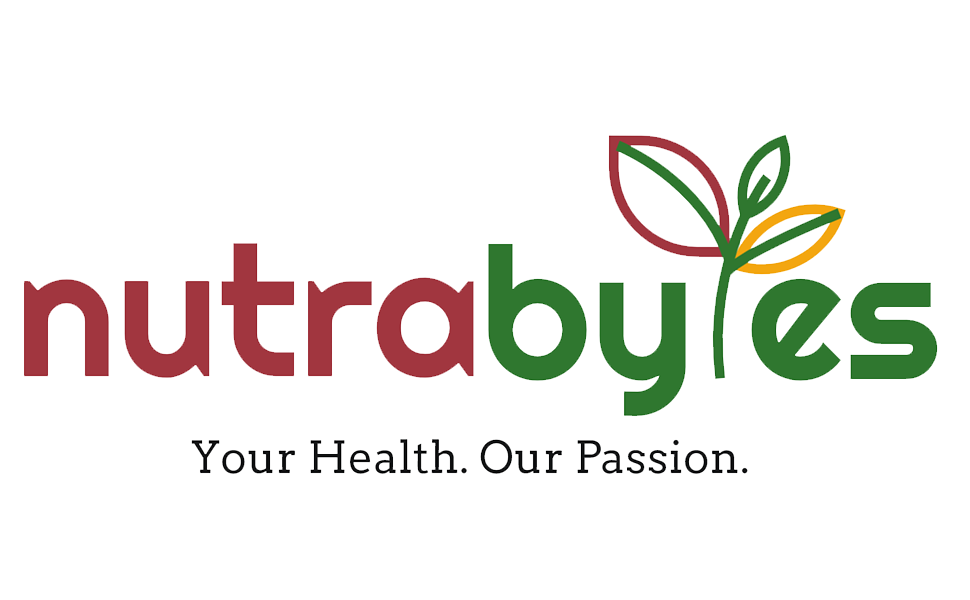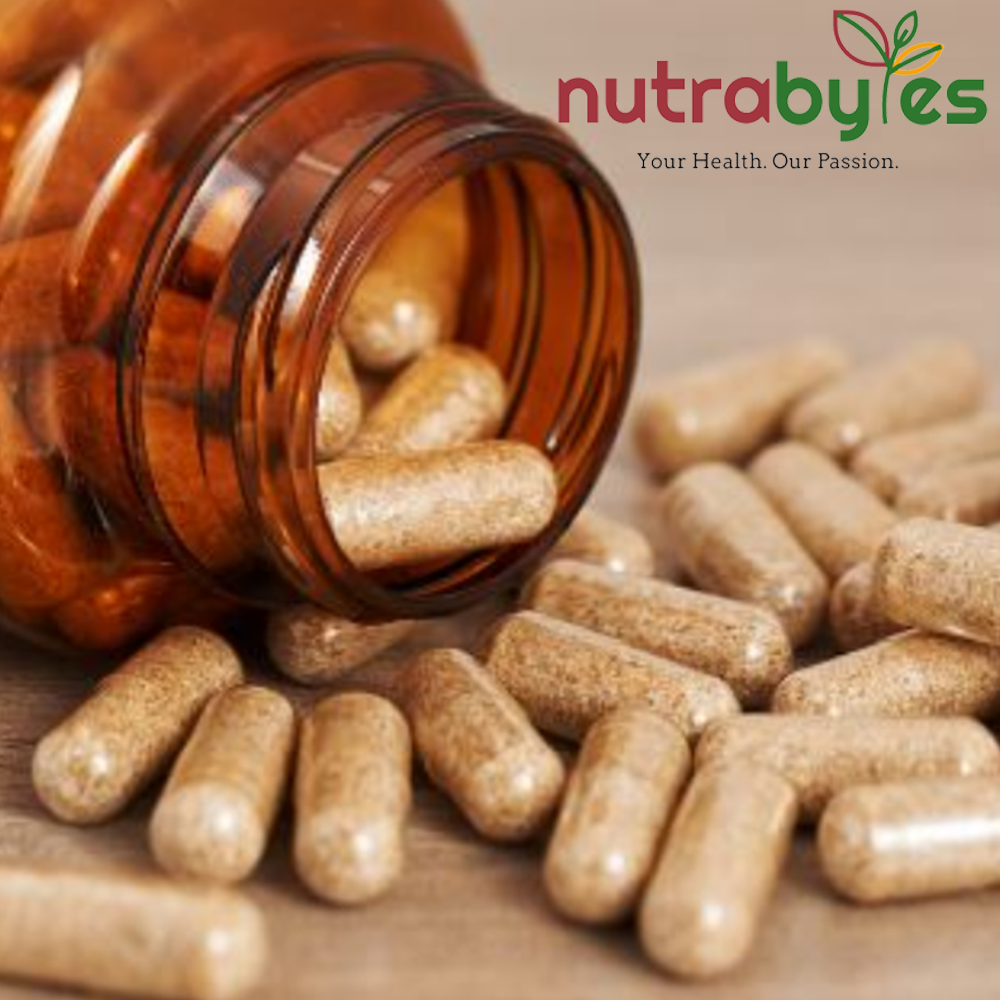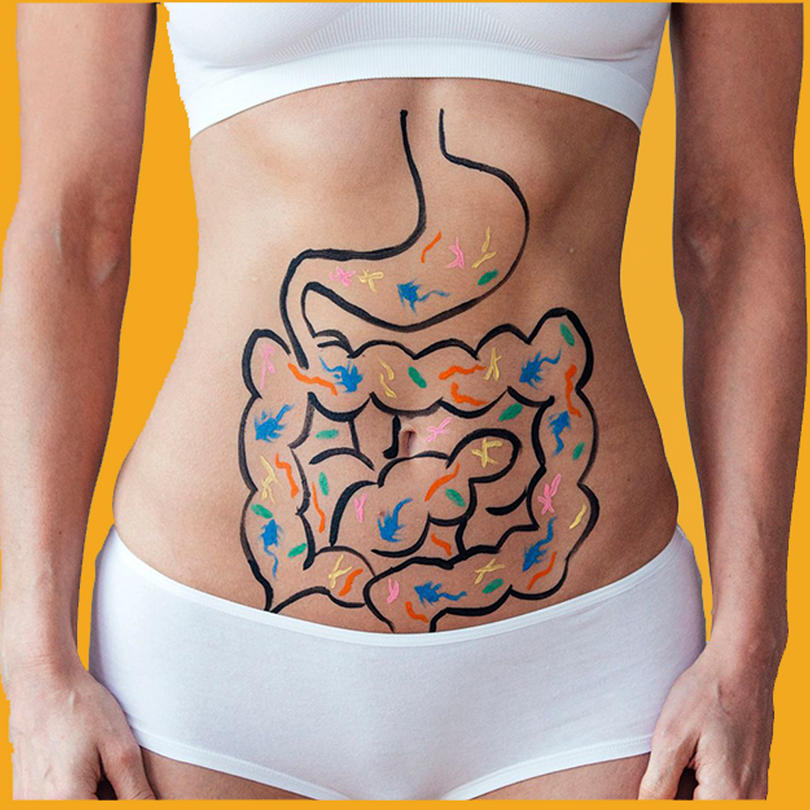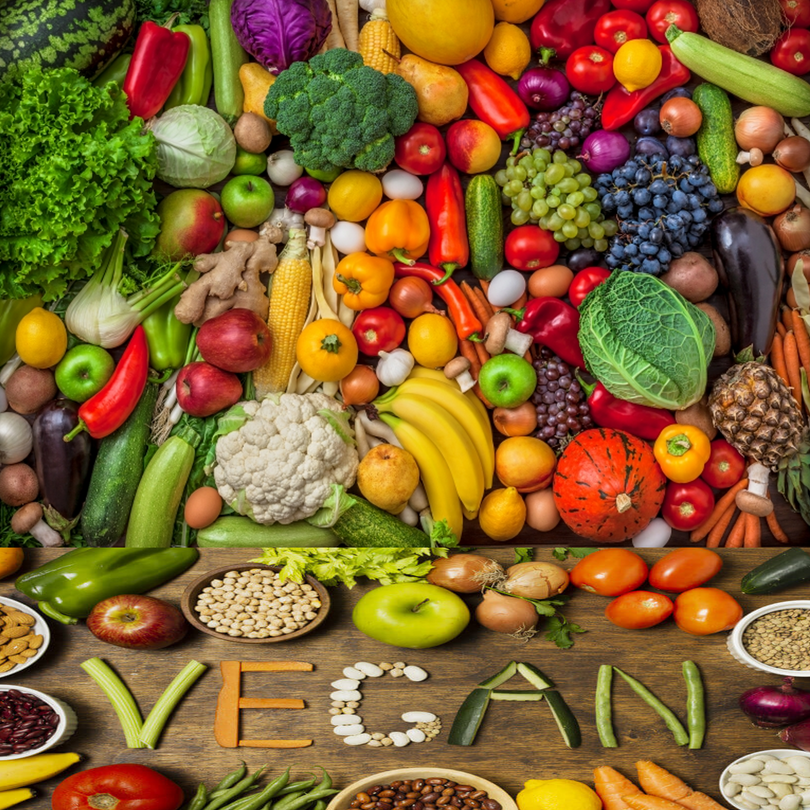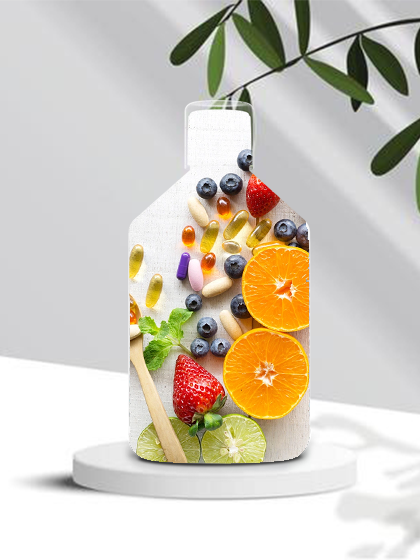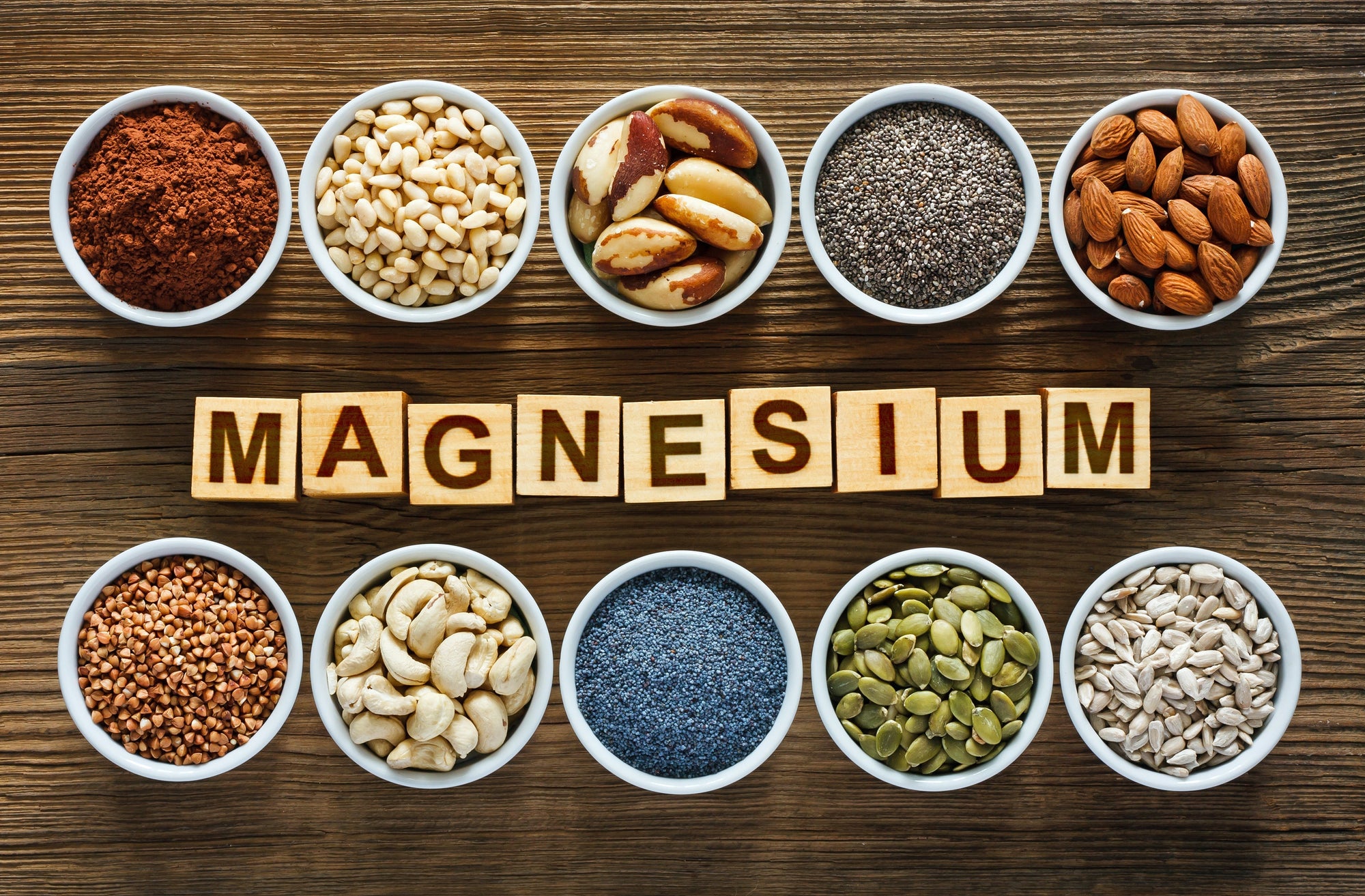In recent years, the phrase "gut feeling" has taken on a whole new meaning, backed by science. Your gut isn’t just about digestion; it’s often referred to as the "second brain" because of its profound impact on mental well-being. One of the key players in this connection is the gut microbiome—a bustling community of bacteria living in your digestive system. Emerging research reveals that probiotics, the good bacteria we often hear about, can help bridge the gap between gut health and stress management.

The Gut-Brain Axis: A Two-Way Street
The gut and brain are in constant communication through a pathway called the gut-brain axis. This system uses nerves, hormones, and biochemical signals to send messages between the two. When your gut is healthy, it supports a balanced mind. However, when the gut microbiome is disrupted—due to poor diet, antibiotics, or chronic stress—it can send distress signals to the brain, exacerbating feelings of anxiety and stress.
One study published in the journal Psychiatry Research found that stress alters the gut microbiome, reducing the diversity of good bacteria. This imbalance can lead to increased inflammation and a weakened ability to cope with stress.
How Probiotics Help Manage Stress
Probiotics, often found in fermented foods or supplements, are live microorganisms that promote a healthy balance of gut bacteria. Here’s how they contribute to stress relief:
- Lowering Stress Hormones
Probiotics can influence the production of cortisol, the body’s primary stress hormone. A study in Neurogastroenterology & Motility demonstrated that certain probiotic strains, such as Lactobacillus rhamnosus, reduce stress-induced cortisol levels in animal models.
- Improving Mood-Regulating Neurotransmitters
The gut produces about 90% of the body’s serotonin, a neurotransmitter that contributes to feelings of happiness and relaxation. Probiotics like Bifidobacterium longum have been shown to increase serotonin production, according to a study in Frontiers in Psychiatry.
- Reducing Inflammation
Chronic stress can lead to inflammation in the body, which negatively impacts mental health. Probiotics help restore gut barrier integrity and reduce systemic inflammation, which can improve stress resilience.
- Enhancing Sleep Quality
Stress and poor sleep often go hand in hand. Probiotics, by promoting gut health, may help regulate the sleep-wake cycle. Research in the Journal of Clinical Gastroenterology highlights how probiotic supplementation improves sleep quality, further reducing stress.
Probiotic-Rich Foods to Include in Your Diet
Incorporating probiotics into your daily routine doesn’t have to be complicated. These foods are natural sources of probiotics and can support both your gut and your mind:
- Yogurt: Opt for unsweetened varieties with live cultures.
- Kefir: A tangy, fermented milk drink packed with beneficial bacteria.
- Kimchi and Sauerkraut: Fermented vegetables with a zesty kick.
- Kombucha: A fermented tea that’s as trendy as it is gut-friendly.
- Miso: A savoury paste made from fermented soybeans, often used in soups.
If food sources aren’t enough, high-quality probiotic supplements can fill the gap. Look for strains like Lactobacillus and Bifidobacterium, which have been studied extensively for their mental health benefits.
Building a Gut-Healthy Lifestyle
While probiotics are a great addition to your wellness routine, maintaining gut health requires a holistic approach. Consider these tips:
- Eat a Balanced Diet: Include fibre-rich foods like fruits, vegetables, and whole grains to nourish gut bacteria.
- Manage Stress: Practices like meditation, yoga, and regular exercise can reduce stress's impact on your gut.
- Stay Hydrated: Water is essential for digestion and maintaining a healthy gut environment.
- Sleep Well: Aim for 7-9 hours of quality sleep to allow your gut and brain to reset.
Final Thoughts
The link between gut health and stress underscores how interconnected our bodies truly are. By nurturing your gut microbiome with probiotics and healthy habits, you’re not only supporting digestion but also enhancing your mental resilience.
Taking care of your gut is more than a wellness trend—it’s a step toward a calmer, healthier you. So, the next time you feel stressed, remember: a happier gut could mean a happier mind.
References
- Foster, J. A., Rinaman, L., & Cryan, J. F. (2017). Stress & the gut-brain axis: Regulation by the microbiome. Neurogastroenterology & Motility.
- Wallace, C. J. K., & Milev, R. (2017). The effects of probiotics on depressive symptoms in humans: A systematic review. Frontiers in Psychiatry.
- Park, S., Bae, J.-H., & Kim, H. Y. (2018). Probiotics, gut microbiota, and mental health. Journal of Clinical Gastroenterology.
